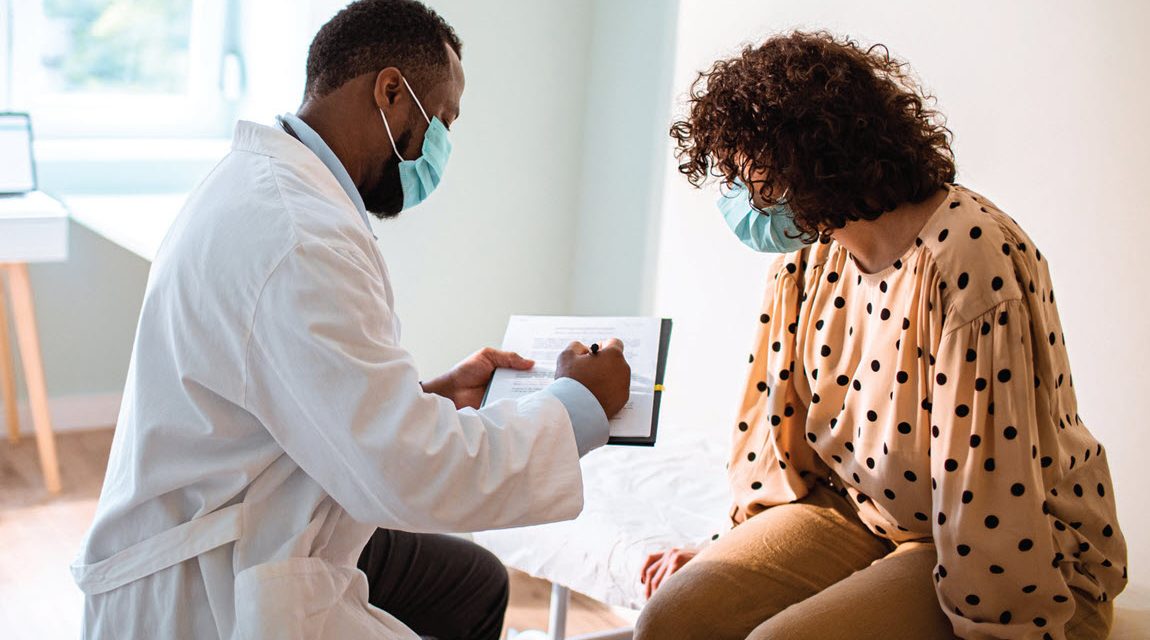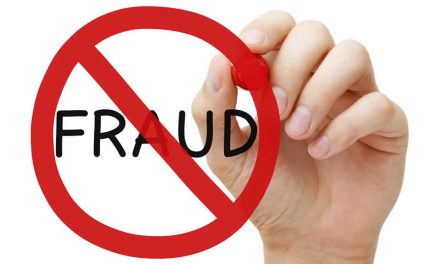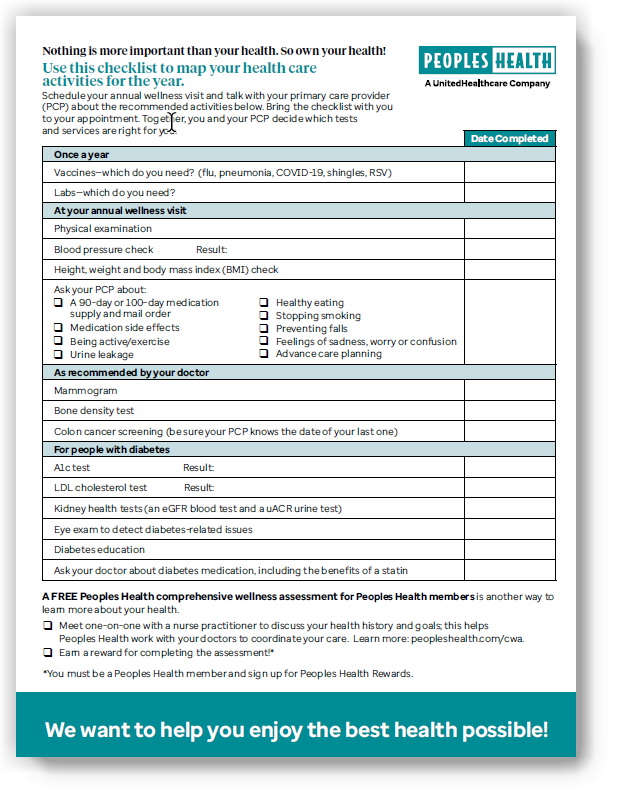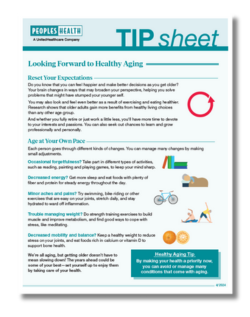Urge (or “overactive bladder”): Most common in older adults, this type can cause urine to begin leaking when you drink liquid, hear running water or can’t get to the bathroom quickly enough.
Stress: This most common type can cause you to leak urine when you walk, exercise, sneeze, cough, laugh or get up from sitting or lying down.
Mixed: This is a combination of urge and stress incontinence.
Overflow: The bladder doesn’t empty all the way during voiding, which can lead to urine leakage. It is more common in older men who may have had prostate issues.
Functional: Health problems, such as arthritis, can keep you from getting to the toilet in time.

Some medications can also cause urinary incontinence. Incontinence is treatable and can often be cured.
Talk to your doctor today about managing your bladder.
Urinary Incontinence FAQs
How is it diagnosed?
It’s important to see your doctor for a physical examination. Your symptoms, medical history and pattern of emptying your bladder (also called “voiding”) will help tell what type of urinary incontinence you have. A voiding diary is essential information for your doctor. It’s a record you keep for a few days and nights of the times you emptied your bladder and the volumes emptied. Your doctor needs to know the circumstances around when your symptoms began and determine any medical conditions that may affect your urinary tract function. To determine the type and severity of the incontinence, your doctor may conduct a number of evaluations and screenings.
What are the treatment options?
Urinary incontinence is treatable and can often be cured. About 80% of people with incontinence see positive changes when they get the help they need. Your doctor will determine the treatments best for you. Treatments depend on the type of incontinence you have and may include:
- Lifestyle changes
- Avoiding caffeine and alcohol, which increase urine production
- Avoiding acidic foods, which can irritate the bladder
- Losing weight, quitting smoking, choosing water, limiting fluids before bedtime
- Behavioral therapy
- Bladder retraining (scheduling urination to help gain more bladder control)
- Pelvic muscle exercises
- Drug therapy
- Surgery (generally a last resort when incontinence doesn’t respond to other treatments)
What causes it?
Urinary incontinence is not a normal part of aging—it’s a symptom of another issue. It can be caused by a variety of things, including certain illnesses or injuries. Some medicines can cause bladder problems that last a short time. When incontinence lasts longer, it may be because of another reason.
Conditions That Might Cause Urinary Incontinence:
- Urinary tract infections
- Bladder irritants
- Damage to nerves that control bladder
- Vaginal infection or irritation
- Prostate problems
- Weak or overactive bladder muscles
- Weak pelvic floor
- Diseases that make it difficult to get to the bathroom in time










